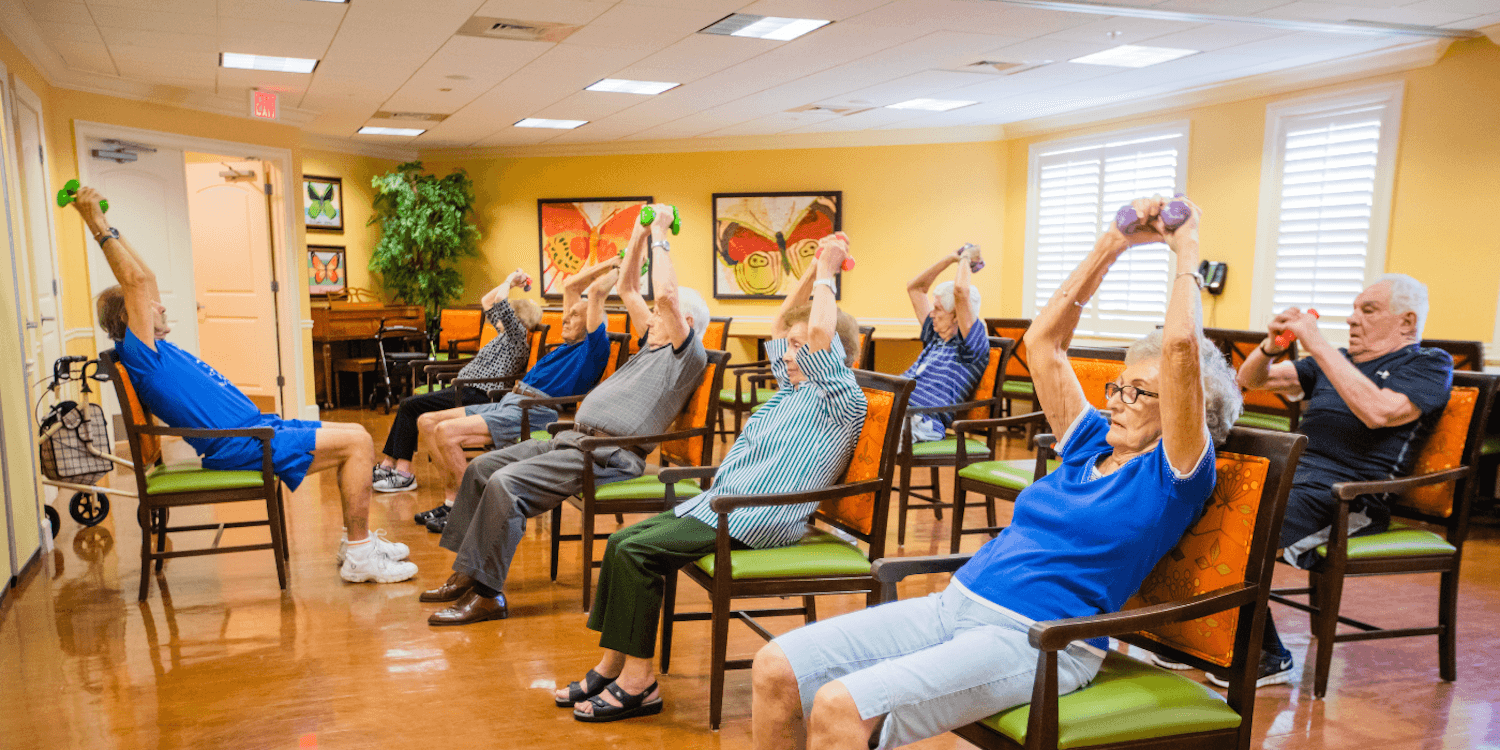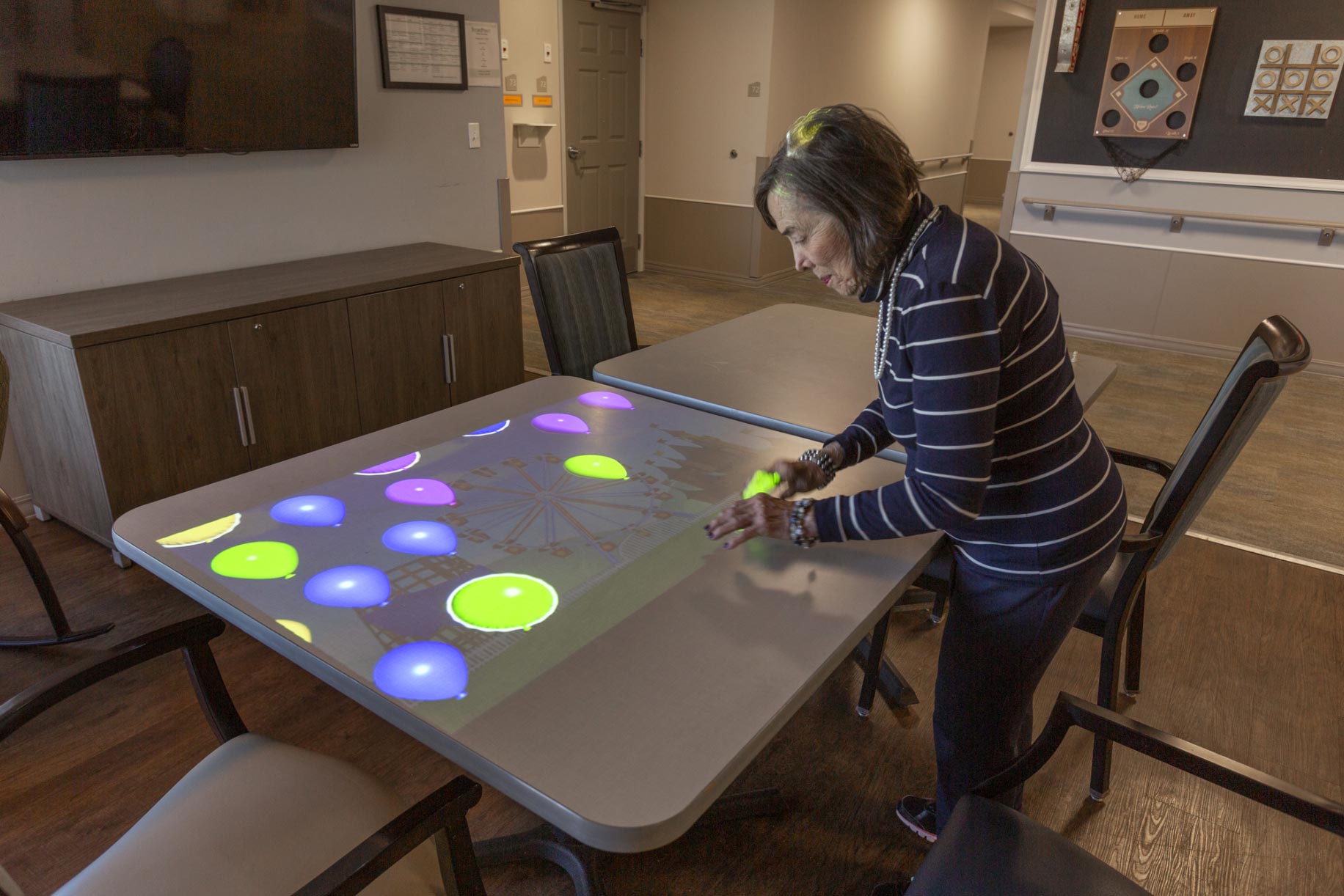Individualized Solutions for Families Looking For Alzheimers Care Charlotte
Wiki Article
Creating a Safe and Helpful Atmosphere for Alzheimer's Care
The creation of a helpful and risk-free environment for people with Alzheimer's is critical in boosting their top quality of life. Checking out these complex approaches can reveal important insights into reliable caregiving approaches that might change the everyday experiences of both patients and caretakers.Comprehending Alzheimer's Requirements
Frequently, individuals with Alzheimer's condition display a variety of demands that need tailored approaches to care. As the condition progresses, cognitive decline materializes in various means, impacting memory, reasoning, and also the ability to execute everyday tasks. Caretakers have to identify these advancing demands to supply ideal support and ensure a higher high quality of life for those affected.One important facet of understanding Alzheimer's requirements is identifying the value of regular and familiarity. People commonly find comfort in well established patterns, which can minimize anxiety and complication. Caretakers should strive to develop structured everyday timetables that incorporate meaningful activities straightened with the individual's interests and capacities.
In addition, reliable communication is vital. People with Alzheimer's might have a hard time to express themselves or comprehend complicated language. Caregivers need to employ simple, clear language, use non-verbal cues, and method energetic paying attention to foster understanding and link.
Caregivers need to urge involvement in neighborhood tasks or family members gatherings, promoting a sense of belonging and purpose. Understanding these varied requirements is vital for creating a supportive treatment environment.
Creating a Safe Home
Producing a secure home for individuals with Alzheimer's disease is necessary to lessening threats and promoting self-reliance. Make sure that pathways are clear and well-lit, as correct lighting reduces disorientation and boosts mobility.
Integrating adaptive features is additionally crucial. Set up grab bars in restrooms and near stairways, and consider using non-slip floor coverings in wet locations. In addition, utilizing different colors for floors and walls can assist in differentiating areas, aiding to reduce confusion.
Familiarity is essential for individuals with Alzheimer's. Customizing the environment with familiar items and photos can strengthen a feeling of belonging and safety and security - Alzheimers Care Charlotte. It is also helpful to have a designated area for day-to-day tasks, such as reading or crafting, which can give framework to their day
Last but not least, carrying out a safe and secure outdoor area enables for safe expedition while getting in touch with nature. By attentively creating the home environment, caregivers can considerably improve the quality of life for people dealing with Alzheimer's disease.
Enhancing Interaction Abilities

Non-verbal communication, consisting of facial expressions, motions, and touch, plays a crucial function in conveying compassion and understanding. Keeping eye get in touch with and a calm temperament can boost the convenience level of the person, promoting a feeling of safety and security.
In addition, it is very important to exercise active listening. This involves being fully existing, revealing perseverance, and enabling the individual to express themselves without disturbance. Repeating might be necessary; caretakers ought to be prepared to review subjects or concerns, as individuals with Alzheimer's might battle with memory recall.
In addition, utilizing visual help or hints, such as photographs or familiar things, can assist in acknowledgment and interaction. Eventually, boosting interaction her response abilities has to do with developing count on and creating an environment where people feel heard, valued, and recognized, consequently improving their lifestyle.
Motivating Social Interaction
Promoting meaningful social communications can greatly boost the wellness of people with Alzheimer's disease. Engaging with others not just aids fight sensations of seclusion however also stimulates cognitive feature and psychological wellness. Structured social activities, such as group crafts, arts and video games, or music treatment, create chances for locals to get in touch with peers and caretakers, which can lead to enhanced mood and lowered anxiousness.Producing a welcoming atmosphere that urges socialization is important. This can be accomplished by arranging communal rooms that help with interaction, such as comfortable seating areas or task rooms. In addition, incorporating familiar and culturally relevant activities can encourage and spark memories participation, enabling individuals with Alzheimer's to feel even more linked to their previous experiences.
Additionally, caretakers ought to be educated to acknowledge and advertise social engagement among locals. Easy gestures, such as initiating conversation or assisting in little seminar, can aid people really feel valued and included. Frequently arranged social occasions need to be constant yet flexible, suiting varying degrees of capability and rate of interest. By focusing on social communication, we can considerably improve the lives of those dealing with Alzheimer's, promoting a sense of area and belonging.
Sustaining Caregiver Wellness

To sustain caretakers, companies should supply routine training and academic sources to improve their understanding of Alzheimer's disease and caregiving methods. Providing access to reprieve care services permits caregivers to take essential breaks, reducing stress and fatigue - Alzheimers Care Charlotte. In addition, promoting an area through support system can assist in psychological sharing and the exchange of useful advice amongst caretakers, producing a network of shared support
Mental wellness sources, such as counseling services, can also be vital in attending to the psychological toll caregiving can take. By focusing on caretaker wellness, we create an even more lasting caregiving environment that not only profits the caretakers themselves but likewise improves the overall top quality of treatment received by people with Alzheimer's. Ultimately, supporting caretakers is a crucial element in cultivating a effective and compassionate treatment setup.
Verdict
In conclusion, the development of a safe and helpful atmosphere for individuals with Alzheimer's is necessary to enhancing their lifestyle. By prioritizing security via thoughtful style, cultivating psychological health with familiar components, and advertising involvement through structured regimens, caretakers can substantially influence the overall experience of those impacted by this problem. Supporting caregiver well-being is vital, as it ultimately contributes to a much more effective and compassionate treatment setting.Repeating might be needed; caretakers ought to be prepared to review subjects or inquiries, as individuals with Alzheimer's may have a hard time with memory recall.

Report this wiki page